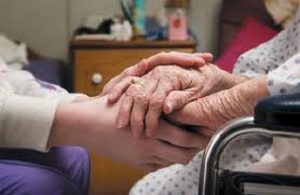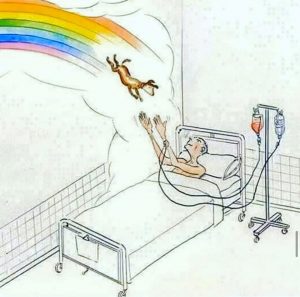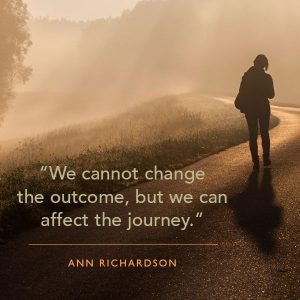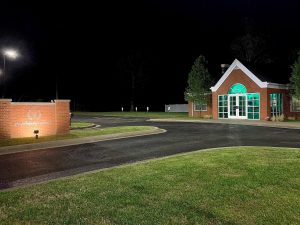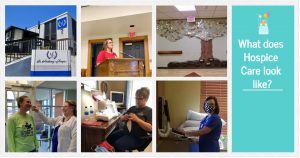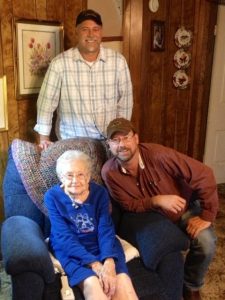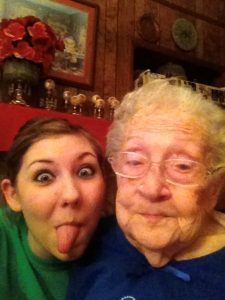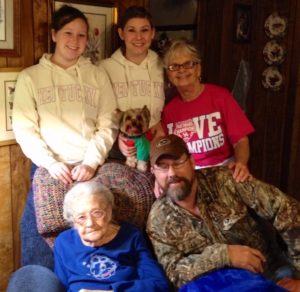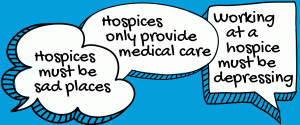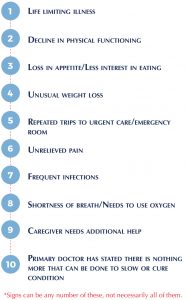One of our Chaplains, Thomas Emerson, forwarded an amazing article to all of us once the Coronavirus pandemic began. We wanted to share this on our website for all to see! In this crazy time, these grief tips can apply to any difficult situation that may arise.
“The world is different. Life has changed.
The coronavirus struck silently and quickly. The ripple effects began immediately and morphed into the current tsunami that we are now trying to manage. Every day, we wake up to a different scenario. The speed of it all is overwhelming.
This unseen threat can catapult our hearts into anxiety and terror. No matter how you stack it, the current world health crisis adds up to loss for all of us.
Loss of perceived control.
Financial loss.
Loss of a sense of safety and security.
Loss of routine and daily life as we knew it.
Loss, loss, and more loss. We can feel small, overwhelmed, and outmatched.
Our hearts are our most prized possession. Our hearts are the guts of who we are. Now, more than ever, we need to guard our hearts from outside threats and dangers. How we think about this current and unforeseen challenge matters more than any of us realizes.
5 Crucial Tips for Managing this Crisis
Here are five tips for guarding your heart and your emotional well-being during this current crisis.
Practice breathing deeply.
Deep breathing (in through your nose and out through your mouth) is the easiest and most immediate weapon in your arsenal to battle uncertainty, fear, and anxiety.
In terms of emotional infection control, deep breathing is similar to washing your hands. In order to be effective, it must be practiced regularly. We must make it a habit.
Start and end your day by taking a few moments to breathe deeply. Imagine yourself breathing in peace and then exhaling fear, worry, and distress. When you find yourself fearful or anxious during the day, take a moment to breathe (again, in through the nose and out through the mouth). Picture yourself in a safe place. Peace in. Fear and anxiety out.
2. Respond rather than react.
With each new bit of news, our minds race and our hearts react. We have “emotional reflexes” that are immediate and powerful.
Rather than being hijacked by this initial flood of thoughts and feelings, take a moment, breathe deeply, and let these thoughts and feelings pass on through. Acknowledge them and then release them.
Now, rather than reacting and being at the whim of whatever happens next, you can choose how you are personally going to respond.
It’s easy to get derailed and spend all our time watching the latest updates. Knowledge and awareness are huge, but there comes a tipping point for each of us when more information ceases to be helpful. We can become obsessed with things beyond our control, which only stokes our anxiety and inflames our fears.
We all have things to do. Focus on them, one by one. Work. Cleaning. Laundry. Relationships. Pets. Stay in the present. One thing, one moment at a time.
3. Act for the greater good.
What does this look like?
It means following the guidelines laid down for us by our health experts and elected officials. There are people out there working around the clock to protect us and see us through this. We can stand with them against this virus by courageously and humbly acting for the greater good – even if it’s personally uncomfortable and costly.
We might be divided politically, but now is a time when we must come together. No matter what we might think about who is in office and where, if each of us acts for the greater good – thinking about those around us – we will get through this better overall.
Just as in all of life, we must confront our own arrogance (“It’s all about me and what I think and want”) and pursue humility and love (“It’s about all of us because we’re in this together”).
4. Do and say things that promote peace.
With activities restricted and our routines in tatters, it’s easy to spew our discontent and frustration on social media and in other ways. Though each of us needs to take what’s happening inside us seriously, now is a time to constrain what we want to say in favor of speaking for the greater good.
We all need places to vent. Please make sure you have some avenues where you can “let it out” without fear of judgment. Venting publicly online, however, will most likely not serve you or anyone else well.
Our words have power. Now is the time to think of each other first and speak words that are helpful and that promote peace.
Yes, this is hard. Yes, we can do this.
5. Keep your eyes on the bigger picture.
Life is about relationships. Isolation is painful and debilitating. In our world, thankfully we have multiple ways to stay connected, even if we can’t be physically present.
Life is about love and service. Life is about living for the good of those around us. Love involves sacrifice. It’s a bit ironic. In order to live from our hearts and love others, we must “get out of our own heads.”
It can feel like life is shrinking. Don’t let circumstances shrink your heart. Find ways to live with purpose and meaning, even if you’re confined and restricted.
Keep your eyes on the larger story. Refuse to shrink. You are more important than you know.
Remember that love always wins.
If we put the above into a set of affirmations, it would be something like this:
I will practice breathing deeply.
I will respond rather than react.
I will act for the greater good.
I will do and say things that promote peace.
I will keep my eyes on the bigger picture.
We will get through this – together. It’s going to take all of us. We need you.
Love will win. It always does.
Question: Has the coronavirus situation affected your emotional well-being or grief process? How so?”
If you or a loved one is in need of bereavement counseling, hospice care, or palliative care, please call us at (270) 826-2326.
Source: https://www.garyroe.com/…/5-tips-grief-fear-and-coronavirus/
